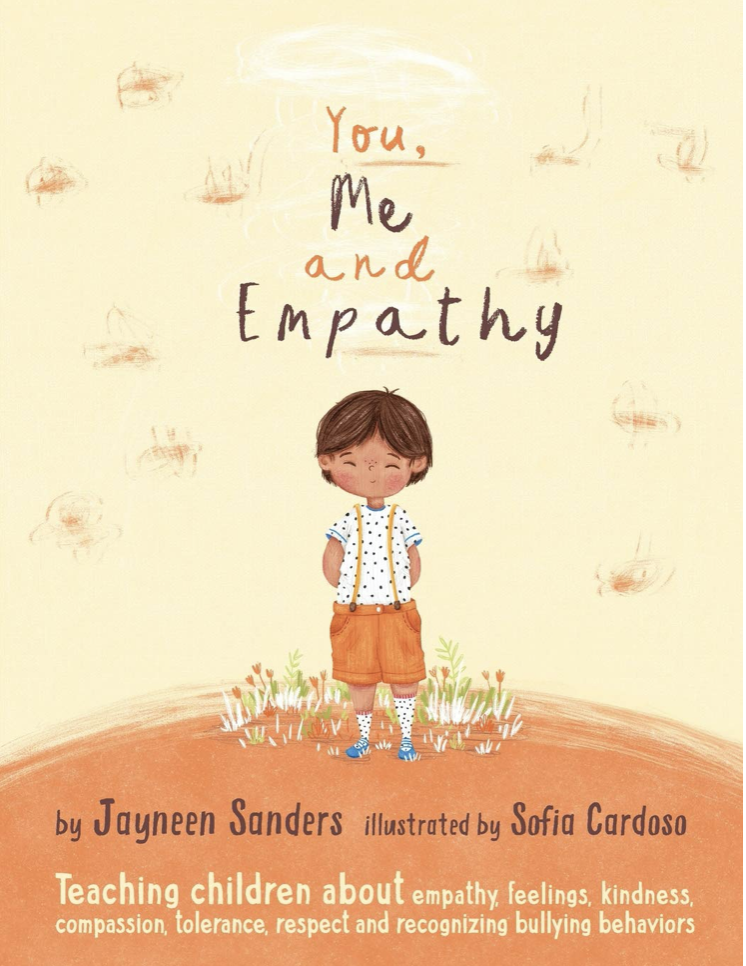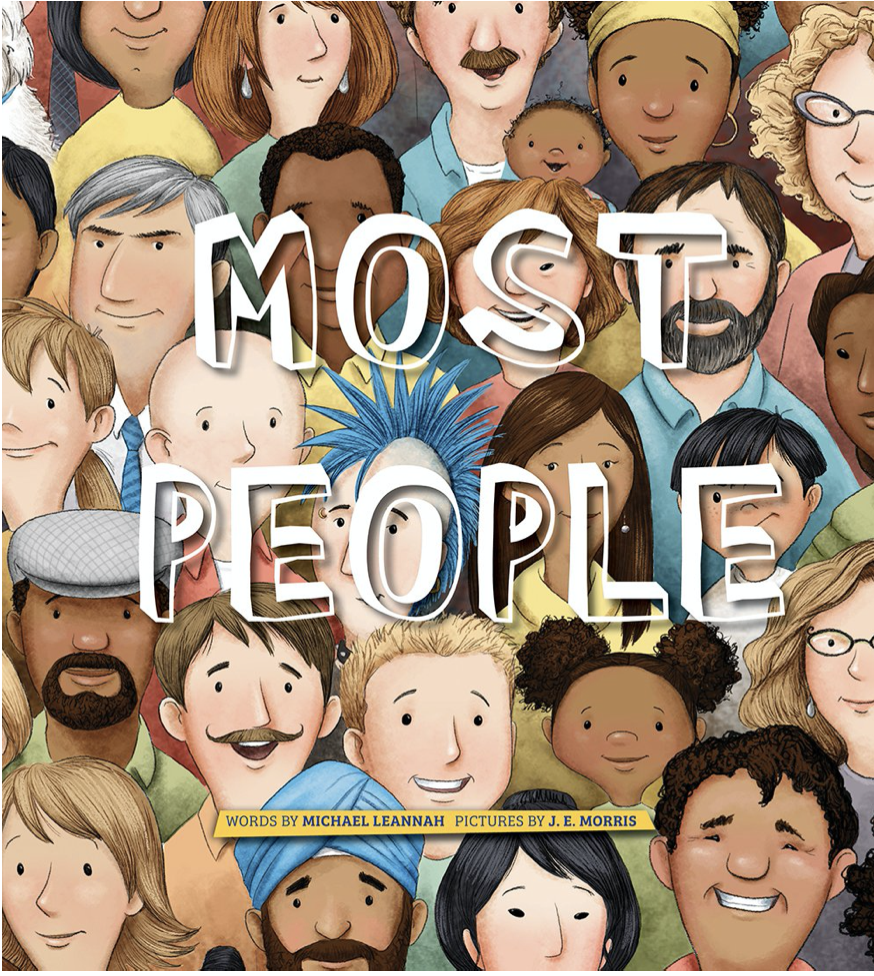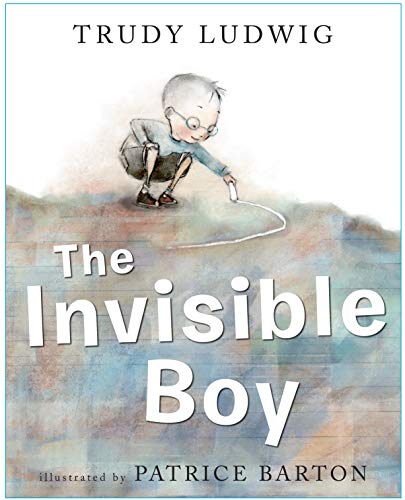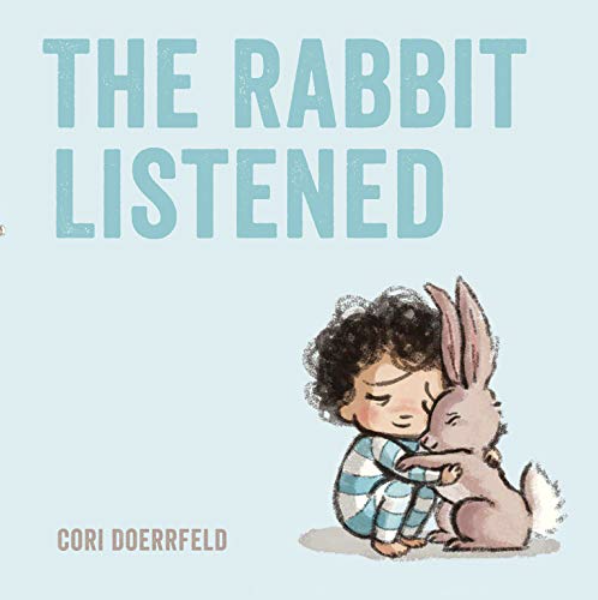As parents there are many things we want for our children as they grow up, many things we want them to learn. One thing that is important we teach empathy to our children. Teaching them as they grow to be conscientious. Having children grow to be adults who truly care about how their actions impact others. *This post contains affiliate links*
Many times, our children may have a naturally empathetic nature. They may feel other people’s emotions and often times take on those emotions, feeling deep sadness when another is hurt.
For your child to be able to empathize with another person they would:
- Understand that they are their own person
- Understand that others have different thoughts and feelings
- Recognized common feelings (happiness, surprise, anger, disappointment, sadness)
- Is able to imagine, given a certain situation, how another person may feel
- Can image how to comfort that person in that situation.
What if this empathy is not natural for your child? How can you help them learn?
Empathize with your child
When your child is feeling something make sure you empathesize with their feelings. Help them understand what their feeling by naming it. If they are hurt, happy, tired, angry, frustrated, name those feelings for them and validate them. Tell them they can have those feelings, they’re okay and understandable.
Talk about others’ feelings
This is great when you can do so in reference to kids their age. To make that connection that they are just like them. But it is also great even to talk to them about your own feelings and how their actions may affect you. For instance, if your child hits you tell them that hurt and made you feel sad.
Use pretend play
Playing with your child and acting out situations to help tell them stories and teach about emotions is perfect. Playing family and assigning roles is usual in children’s pretend play. Assigning roles and negotiating is a part of this process. Help them by asking questions and posing situations for them. “Big brother fell off his bike and is crying, how is he feeling?”
Teach Kids Cause and Effect
This can happen with pretend play, stories, reading books, or acting. Talk to your child about characters, how they feel, and how that connects to their own experiences.
Here are some great books that can help you teach empathy to your children.
“You, Me and Empathy” by Jayneen Sanders
“Most People” by Michael Leannan
“The Invisible Boy” by Trudy Ludwig
“The Rabbit Listened” by Cori Doerrfeld
“How to Be a Lion” by Ed Vere
“The Smallest Girl in the Smallest Grade” by Justin Roberts
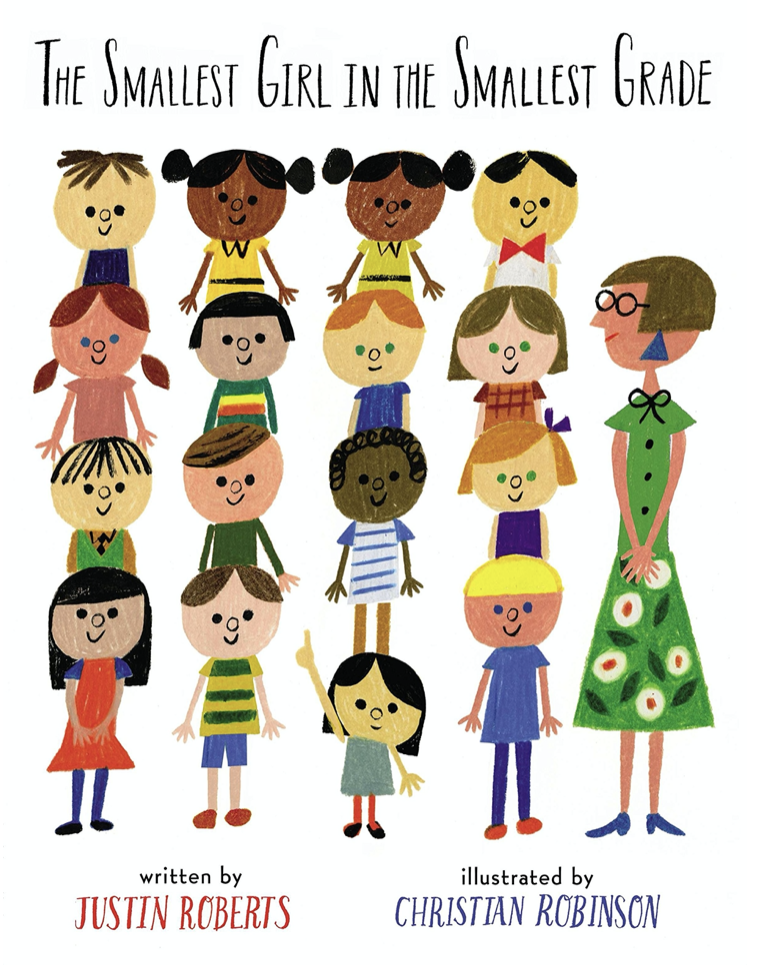
Sarah
Similar Posts:
4 Strategies to Teach Your Children Self-Control and Delayed Gratification
7 Key Lessons to Teach Kids about Body Safety and Consent
8 Valuable Lessons to Teach Kids about Gender Equality

